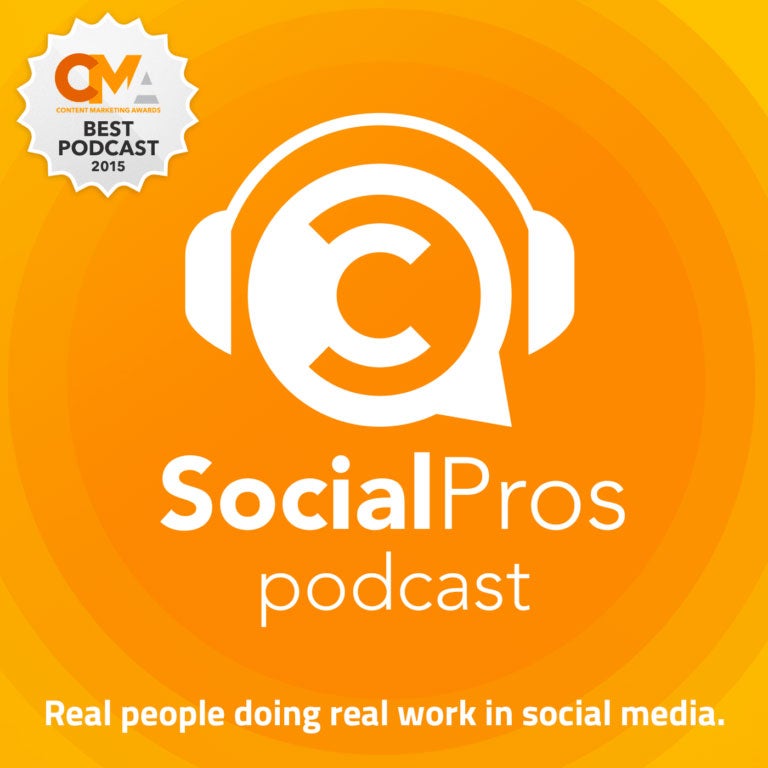Your #Career : Exactly How To Position Yourself As A First-Time Jobseeker…Here’s what “Personal Branding” Looks Like When you Don’t have Much Work Experience to Draw On.
If you’re kicking off an entry-level job search, standing out in a sea of qualified candidates can be tough. After all, your work experience is likely limited to internships, and your academic credentials may be a hit or miss as far as an employer’s needs are concerned.
So how do you break through? It’s all about positioning. You simply need to create an identity for yourself that not only sets you apart but that prospective employers find desirable. But what makes that challenge different from the typical advice on personal branding is that new jobseekers don’t have much of an employment record with which to build their profiles. Here’s what to do instead.
“PERSONALITY” MIGHT NOT BE ENOUGH
When I interview entry-level candidates, almost all of them who show up are capable of doing the job. That’s because I’ve screened out applicants who don’t have the basic skills required for the position. So most candidates who make it over that first bar are pretty similar to one another.
Getting from that initial pool of interviewees to actually landing a job offer takes more than just researching the company or doing some mock interviews. You also need to think about how to sell your skill set for the job you’re interviewing for. While that sounds intuitive, it’s part of the interview preparation that many candidates overlook—possibly because to them, their credentials may seem self-evident, especially for an entry-level role that may involve a good deal of grunt work.
But companies aren’t just looking for any old pair of hands to do a low-level job. They’re investing in someone with the potential to stick around and, hopefully, do higher-level work. So in order to drive home what makes you appealing and distinctive in an interview, you first need to understand what the employer considers appealing and distinctive.
Like this Article ? Share It ! You now can easily enjoy/follow/share Today our Award Winning Articles/Blogs with Now Over 2.5 Million Growing Participates Worldwide in our various Social Media formats below:
FSC LinkedIn Network: (Over 15K+ Members & Growing !) www.linkedin.com/in/frankfsc/en
Facebook: (over 12K) http://www.facebook.com/pages/First-Sun-Consulting-LLC-Outplacement-Services/213542315355343?sk=wall
- Google+: (over 800K)https://plus.google.com/115673713231115398101/posts?hl=en
- Twitter: Follow us @ firstsunllc
educate/collaborate/network….Look forward to your Participation !
Continue of article:
START ASKING QUESTIONS
The best place to start is to figure out what makes employees in that job successful. All you have to do is ask. Entry-level jobseekers may think it’s overkill to sign up for LinkedIn Premium, but it can help. This way you can search for alumni from your school who already have the type of job you’re interviewing for. (Sometimes universities’ own alumni databases aren’t all that up to date or comprehensive, whereas most people are pretty good about keeping current on LinkedIn.)
Get in touch and ask questions about what skills, qualities, and characteristics an entry-level candidate needs to possess in order to succeed in that role. You can reach out to fellow alumni or even just with connections you have in common on LinkedIn. Ask them if they remember which traits they themselves touted most on their job interviews. And be sure to ask what will get an employee promoted to the next level up from there later on.
Since most employers are hiring entry-level candidates to fill immediate positions and advance over time, it’s important to have a big-picture understanding of the type of candidates your interviewer is looking to hire.
EXPLAIN HOW YOUR SKILLS REFLECT WHO YOU ARE
Now that you’ve pinned down the role’s major success factors, it’s time to have a closer look at your skills. Remember: An interviewer doesn’t really expect you to have much experience for an entry-level job, so it all comes down to skills.
Break those down into a list of your hard and soft skills. Find the common denominators, then turn that into a coherent narrative, not just a series of qualities.
So for instance, if you’ve learned that the junior art director job you’re interviewing for requires you to be creative and a little edgy, that’s how to position yourself. Make sure your portfolio includes work you’ve done in school or during an internship that reflects that attitude and shows your technical competence, too. Let your interviewer know that your art professors and other students appreciated your ability to think ahead of the curve and find solutions to visual or design challenges on the fly. And offer an anecdote about a time that actually happened, don’t just assert that it’s true.
Whether or not your interviewer remembers all the specific details doesn’t really matter; if you’ve positioned yourself well, they’ll certainly remember what you stand for.
DON’T LET YOUR FOLLOW-UP GO TO WASTE
You can reinforce your positioning in your follow-up, too. If you just interviewed for an entry-level sales role and presented yourself as someone with great closing skills, demonstrate that. Go beyond the typical thank-you email and highlight what makes you such a strong closer.
It doesn’t hurt to expand on a point you didn’t get to touch on that much on the interview, as long as it’s relevant. You might mention that, since you’re now at the end of the interview process, you hope you’ve managed to close the deal—and that that’s a skill you’ve been working on. Maybe you picked up some closing techniques in your summer internship or during mock sales calls in a class during your senior year. Or you could simply link to an article you just read on the subject.
Whatever your approach, you’re using that last interaction with an interviewer to extend a point you’ve already built up during the interview process—and, hopefully, proving that the way you positioned yourself actually had substance. Validating that in your follow-up email can go a long way to landing you the job you want. And best of all, you don’t need a long resume with impressive experience to do it.
Don Raskin is a senior partner at MME, an advertising and marketing agency in New York City. He is also the author of The Dirty Little Secrets of Getting Your Dream Job.
FastCompany.com | DON RASKIN | 10.26.16 5:00 AM
[/fusion_builder_column][/fusion_builder_row][/fusion_builder_container]



























